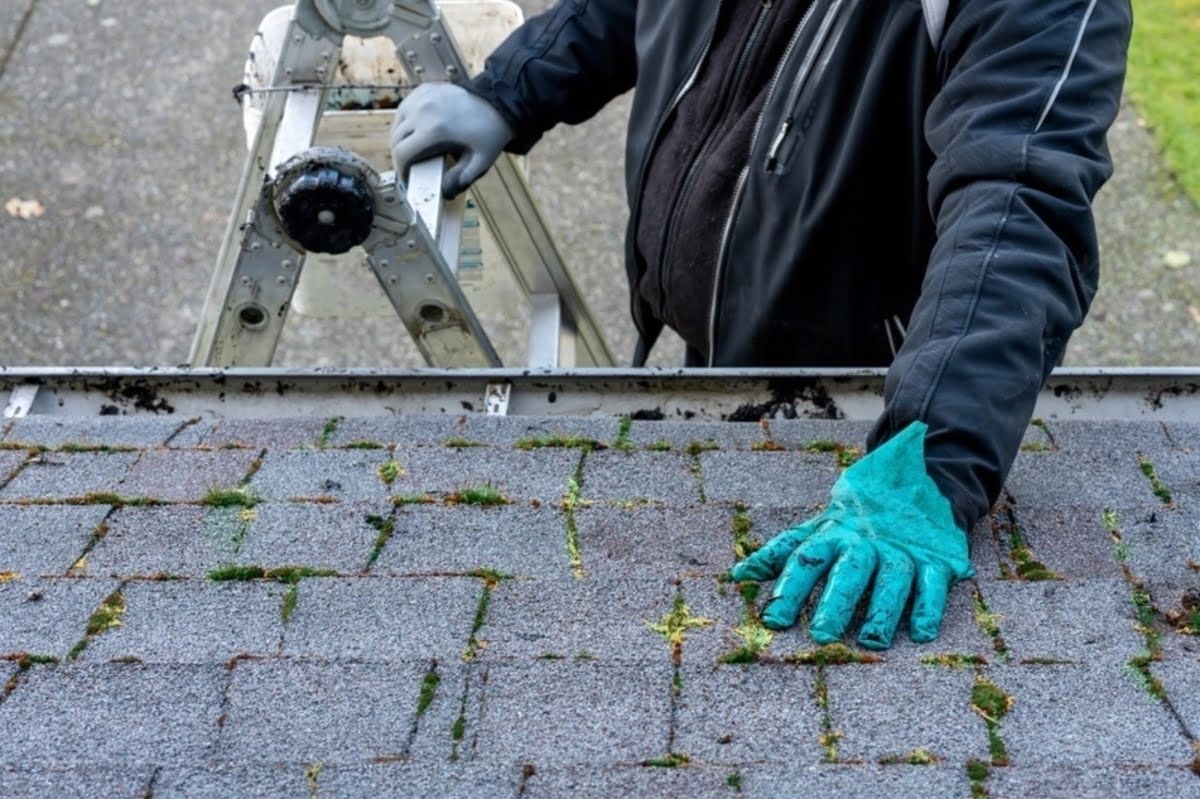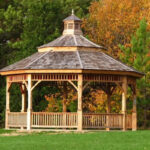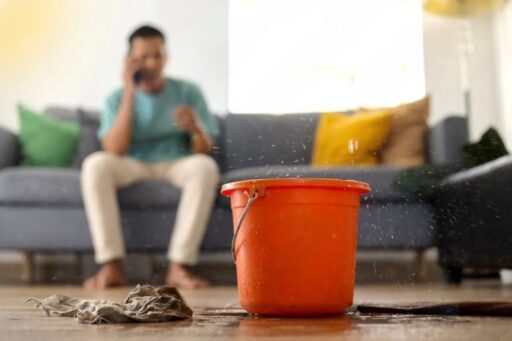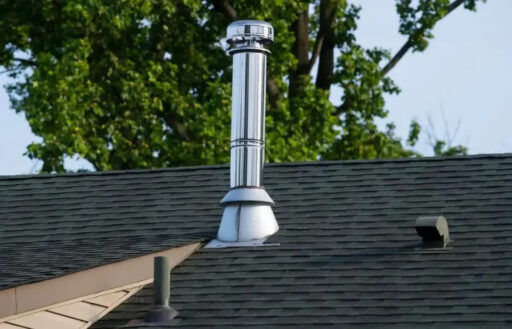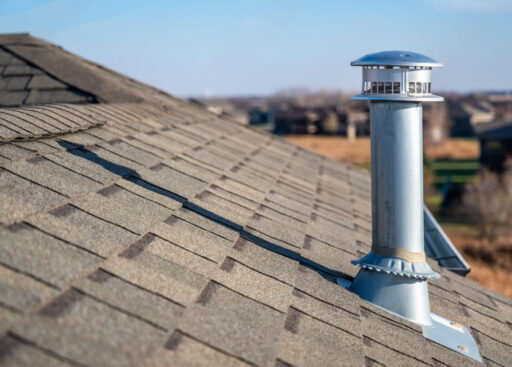When considering the investment of a roof inspection, understanding the associated costs is crucial. The roof inspection cost can vary widely, and several elements contribute to this variation. The pricing often depends on the type of inspection required. A basic assessment, which covers a visual inspection without any extensive testing, will be on the lower end of the spectrum. Meanwhile, a comprehensive inspection that involves detailed reports, moisture testing, or infrared scans will cost more.
Factors Affecting Roof Inspection Cost
The roof inspection cost is influenced by several factors that can greatly impact the overall price. Identifying these elements can help you make informed decisions when budgeting for an inspection. Here are some key factors:
- Roof Size and Complexity: Larger roofs or those with intricate designs require more time to inspect, which can increase costs. Roofs with multiple levels, dormers, or intricate designs might also require specialized equipment or additional manpower.
- Type of Roofing Material: Different materials can impact the inspection process. For instance, inspecting a metal roof might be less time-consuming than a tile roof, where cracks or damages can be harder to spot. Each material has its intricacies, influencing the inspection method and cost.
- Inspection Type: A basic visual inspection will cost less compared to a detailed inspection that includes moisture scans or thermal imaging.
The more comprehensive the inspection, the higher the cost, but it provides a more thorough understanding of potential issues.
Factors Affecting Roof Inspection Cost in Vancouver
In Vancouver, specific factors further influence the roof inspection cost. The local climate, market demand, and regional building codes all play a role in shaping the pricing landscape.
- Climate Considerations
Vancouver’s rainy climate can lead to specific roofing issues, such as water damage or mould growth, necessitating more detailed inspections. The frequent precipitation might prompt homeowners to opt for more comprehensive inspections, ensuring their roofs are equipped to handle the wet weather. - Market Demand
The demand for roofing services in Vancouver can also impact costs. With a bustling housing market, inspections can become more expensive due to high demand. Homeowners often schedule inspections during specific times of the year, such as before the rainy season, which can drive up prices. - Local Regulations
Vancouver has particular building codes and regulations that might require specific inspection standards. Ensuring compliance with these codes can affect the types and costs of inspections necessary to meet local requirements.
Understanding these local specifics can help residents of Vancouver make more informed decisions about their roof inspections.
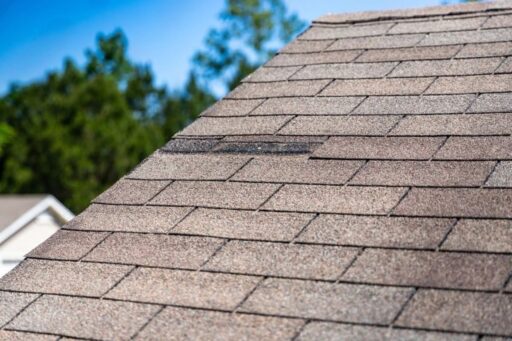
What’s Included in a Roof Inspection?
A comprehensive roof inspection typically includes several critical components designed to assess the overall health and functionality of your roof. Understanding what is included in these inspections can help you ensure you receive a thorough evaluation of your roofing system.
- Exterior Assessment: Inspectors will examine the exterior components of your roof, checking for signs of wear and tear, missing or damaged shingles, and potential areas of water penetration. They will also assess the condition of gutters, downspouts, and other drainage systems to ensure they are functioning correctly.
- Interior Evaluation: The interior of your home, particularly the attic space, is inspected for signs of leaks, mould, and insulation issues. Inspectors will look for water stains, sagging ceilings, and other indicators of roof-related problems that might not be visible from the exterior.
- Structural Inspection: The structural integrity of your roof is evaluated to identify any sagging or uneven areas that could indicate underlying issues. Inspectors will assess the condition of beams, trusses, and other support structures to ensure they are sound and capable of supporting the roof’s weight.
Importance of Regular Roof Inspections
Regular roof inspections are crucial for maintaining the longevity and safety of your home. They play a vital role in identifying potential difficulties before they escalate into significant issues that require extensive repairs or even a full roof replacement. By scheduling routine inspections, you can save money in the long run by addressing minor concerns early.
Moreover, regular inspections help maintain your home’s value. A well-maintained roof is a significant selling point for potential buyers, and having records of consistent inspections can provide assurance that the property has been well cared for. This documentation can be a valuable asset if you ever decide to sell your home.
Lastly, regular roof inspections contribute to your peace of mind. Knowing that your roof is in good condition and free from damage allows you to focus on other aspects of home maintenance and enjoy your living space without the constant worry of potential roof-related issues.
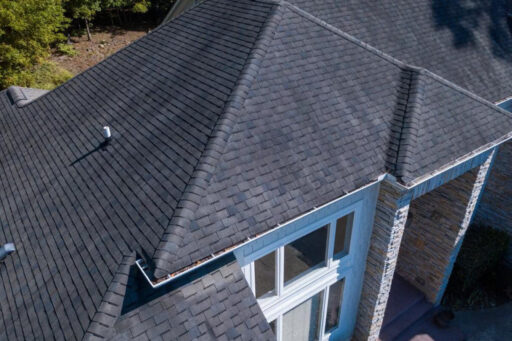
DIY Roof Inspections vs. Professional Inspections
While the idea of conducting a DIY roof inspection may seem appealing, especially from a cost-saving perspective, there are significant differences between a do-it-yourself approach and hiring a professional.
Limitations of DIY Inspections
A DIY inspection might allow you to spot visible issues, such as missing shingles or debris, but it lacks the thoroughness of a professional evaluation. Without specialized tools or expertise, it’s challenging to identify underlying problems that could lead to significant damage.
Expertise of Professionals
Professional inspectors bring a wealth of experience and knowledge. They use advanced equipment, such as infrared cameras, to detect issues that are not visible to the naked eye. Their trained eye can identify subtle signs of wear or damage that an untrained observer might miss.
Safety Concerns
Roof inspections can be dangerous, especially without the proper safety equipment and training. Professionals are equipped to conduct inspections safely, minimizing the risk of accidents or injuries that can occur during a DIY inspection.
Considering these aspects emphasizes the advantages of professional roof inspections in ensuring thorough, safe, and effective evaluations of your roof’s condition.
Common Issues Identified During Roof Inspections
Roof inspections often reveal common problems that, if left unaddressed, can lead to significant damage and costly repairs. Here are some frequent issues identified during inspections:
- Leaks and Water Damage
One of the most common issues is water infiltration, often caused by damaged shingles, cracked flashing, or clogged gutters. Even minor leaks can lead to significant water damage over time if not promptly addressed. - Shingle Damage
Inspectors frequently find issues with shingles, such as curling, cracking, or missing pieces. Shingle damage can compromise the roof’s ability to shed water, leading to leaks and structural damage. - Structural Issues
Structural issues, such as sagging or uneven roof surfaces, can indicate serious issues with the roof’s support system. These problems can compromise the overall integrity of the roof, necessitating immediate attention and repair.
Summary
Investing in regular roof inspections is a critical component of home maintenance, ensuring the safety and durability of your home. By understanding the roof inspection cost and what it entails, you can make informed decisions that protect your investment. Routine inspections help identify potential problems early, prevent major repairs, and extend the lifespan of your roof. Whether you opt for a professional inspection or consider a DIY approach, prioritizing regular evaluations is essential for maintaining your home’s integrity.
